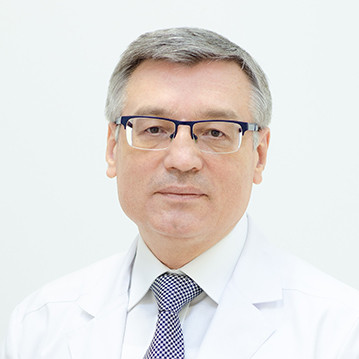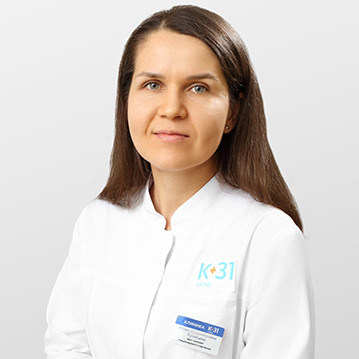Palliative care is medical care for terminally ill patients (often cancer patients), which is aimed at the maximum possible improvement in the quality of life of the patient and his psycho-emotional condition, as well as to provide psychological support and information about the disease for his relatives.
In the case of cancer patients, palliative care is the provision of a wide range of medical interventions to improve and maximize the recovery of health in inoperable cancer.
What is palliative care?
The main goal of palliative care is to get rid of the pain caused by malignant tumors and their metastases, as well as to prolong the life of the patient, as far as possible, with the restoration of organs and body systems that can be restored.
In many cases, cancer at the last stage of the disease is incurable, the tumor affects the entire organ in which it originated, spreads to neighboring tissues and organs, metastasizes to lymph nodes and other parts of the body. In this case, surgical treatment can no longer help, and chemotherapy or radiation therapy can be performed to provide palliative care, which help to stop the tumor, restrain its spread, reduce its size and, accordingly, pain. Sometimes a malignant tumor forms in a very difficult to reach place, and the operation becomes impossible. In this situation, they also resort to palliative medicine, aimed at reducing the symptoms (symptomatic treatment) of cancer.
Palliative medicine is also used to restore the function of affected organs, reduce the side effects of chemotherapy or other cancer treatments, and help patients stay as active as possible. All these palliative care measures can significantly prolong the patient's life and improve its quality.
Who needs palliative care?
Palliative medicine has a wide range of tools to improve the patient's quality of life and health. These are physical exercises, and physiotherapy, and hardware or drug treatment. Therefore, palliative care can be useful for patients suffering from various incurable diseases:
- end-stage cancer patients;
- patients after strokes or neurological diseases that have led to irreversible changes;
- dementia patients;
- end-stage chronic disease patients;
- patients with heart failure, liver or kidney failure, when an organ or system stops working;
- patients with injuries that restrict movement or completely impair motor function;
- older people in the last stage of life;
- patients with any other disease who have lost the function of self-care.
Palliative care tools allow you to stop or slow down the disease, and in some cases reverse it. They help reduce the suffering of the patient and his relatives, make life easier and return, as far as possible, its fullness.
Principles of palliative care
According to the World Health Organization, palliative care is a special approach to the treatment of terminally ill patients, which improves their lives and the lives of their relatives, prevents suffering or alleviates them with the help of appropriate medical interventions, provides psychological assistance, moral and spiritual support to both patients, as well as their relatives.
Palliative care should ease pain and distressing symptoms, and help keep an active lifestyle as long as possible. It should not be at the last stage of life, when the main treatment has ended, but, in some cases, immediately after the diagnosis, with the start of chemotherapy or other cancer treatment. It includes regular diagnosis of possible complications or deterioration of the patient's condition and adequate medical care for their treatment.
Palliative care should be aimed at controlling the disease and pain syndrome, manifestations of the disease, at determining the needs of the patient, his needs and the needs of his relatives, at helping to adapt to new difficult circumstances and a new difficult lifestyle for the patient.
Palliative care is designed not only to alleviate the symptoms of the disease, but also to help the patient meet their spiritual or religious needs.
Palliative care is also provided to the relatives of the patient and those who care for him. In this case, it consists in providing moral support at all stages and, if necessary, in psychological assistance after the death of the patient.
Initially, palliative care was directed exclusively at cancer patients, but it has long been understood that its principles should be extended to all populations in the last stage of their lives if they need medical care during this period to reduce suffering and preserve human dignity.
Objectives of palliative care
The main goal of palliative care is to help a person live the last stage of his life with dignity and without suffering, prepare his relatives and alleviate their suffering associated with a fatal illness of a loved one.
Palliative care uses pain medications and medical procedures to reduce symptoms. For cancer patients, chemotherapy is often used as a palliative treatment to help contain the spread of cancer and its metastases. Chemotherapy can reduce the symptoms of cancer and even achieve cancer regression and a long period of remission. But this method of treating cancer at the last stage is not radical and does not completely eliminate the disease, does not save from death and does not return full health. But chemotherapy, radiation therapy, or other palliative treatment in many cases can prolong a patient's life.


































